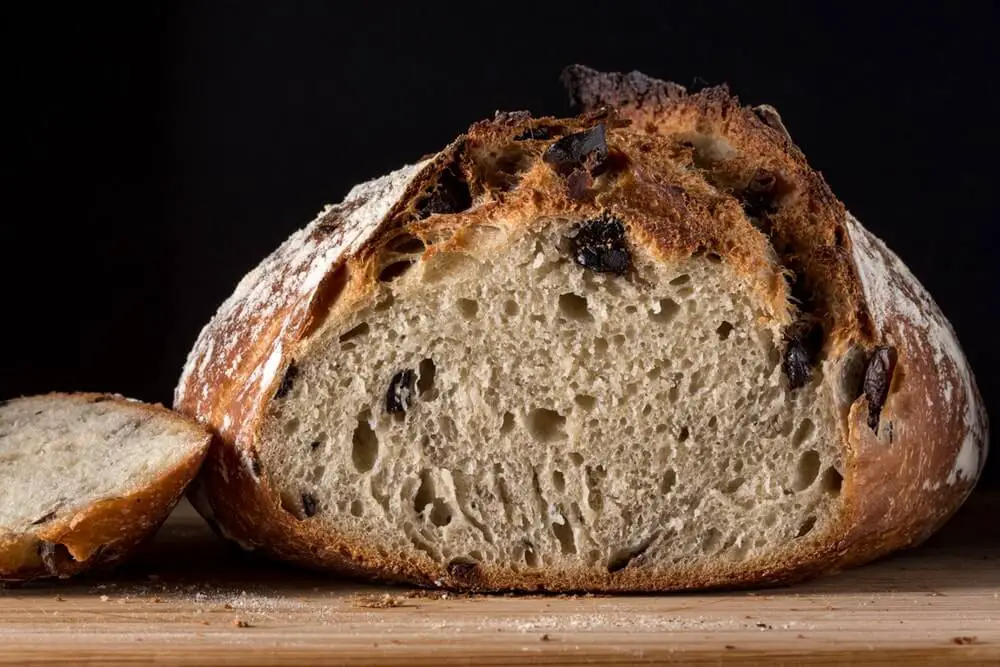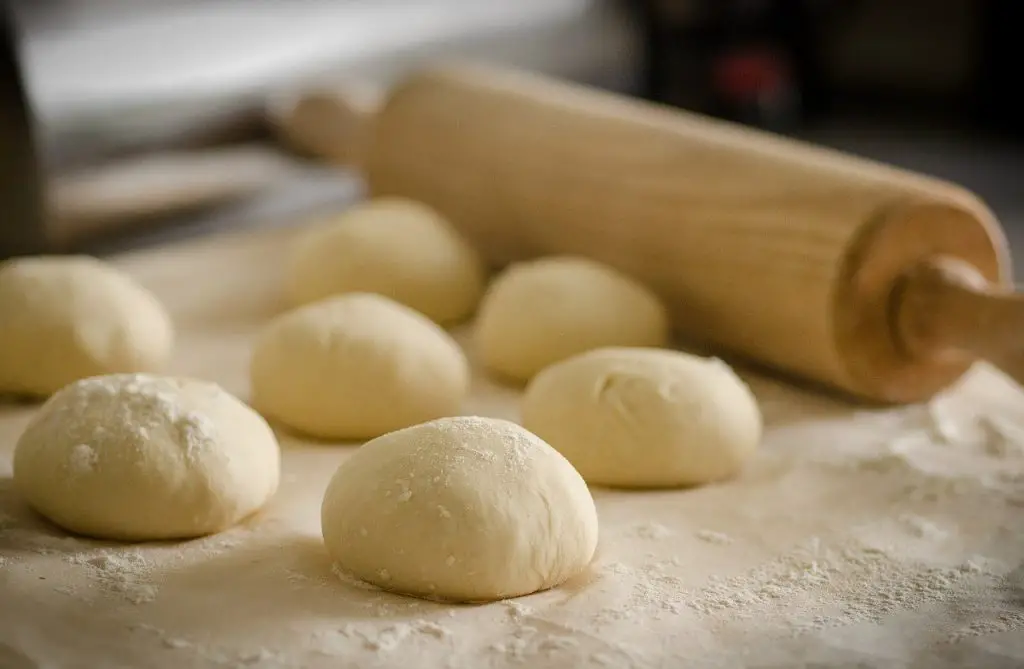Making your own bread is the best, isn’t it? Many of us have rediscovered this essential skill during the recent lockdowns, but some of us may have experienced some common, easily solvable problems.
Home made bread, like shop bought bread, follows the same process and combinations of ingredients – therefore, they can experience some of the same problems.
Why does my bread smell like alcohol? You’ve come to the right place to find out why, and what to do about it! Read on…
Why Does My Bread Smell Like Alcohol?

When cooking with yeast, it mixes with oxygen and any sugar in the other ingredients, to produce more yeast and carbon dioxide. It is this combination that makes the bread rise.
Yeast is also essential in the production of alcohol, and it often has a characteristic smell. If your bread dough is smelling like booze, then it is really the yeast that you are smelling!
When bread is baked, the smell should be cooked away and you will be left with the delicious, characteristic smell of baking bread – your house won’t end up smelling like a brewery, even if the dough smelled a little like a barmaid’s apron.
Sometimes, an older loaf that has never smelled of anything before, may start to smell like alcohol. This is because the yeast is continuing to ferment, especially if it is kept in a warm place.
This is still safe to eat! If you don’t like the smell of it, you can very briefly re-bake your loaf. Simply place it in a baking tray in a preheated oven, covered with tin foil. After about 5 minutes your loaf should be sweet smelling again!
Can You Eat Dough That Sells Like Alcohol?

Sometimes even shop bought bread can pick up a slightly beery smell, if it is left in its packaging for a few days – again, it is just the yeast and the natural fermenting process.
Eating bread that smells of alcohol will in no way make you feel drunk, and it is perfectly safe to feed to your entire family, even the youngsters! If it offends you, you can bake your store bought loaf for a few minutes, this should remove the smell.
If you make your own, you can reduce the smell by using 10% less yeast, as well as ensuring that your loaf ifs fully cooked during the baking process.
Also, preventing your dough from rising for too long can reduce the alcohol smell, so stick to the recommended guidelines, or even shave the time off a bit to prevent the yeast from multiplying as much.
You can also cook the loaf a little more than is recommended – you can do this on a lower heat than the rest of the bake, if you don’t like a crust that is a little hard!
Final Words
So there you have it. Now the next time you eat bread and notice that it has that distinctive alcohol smell, you will know why it happens, that it is safe to eat, and what you can do about the smell if you don’t like it. Happy baking!